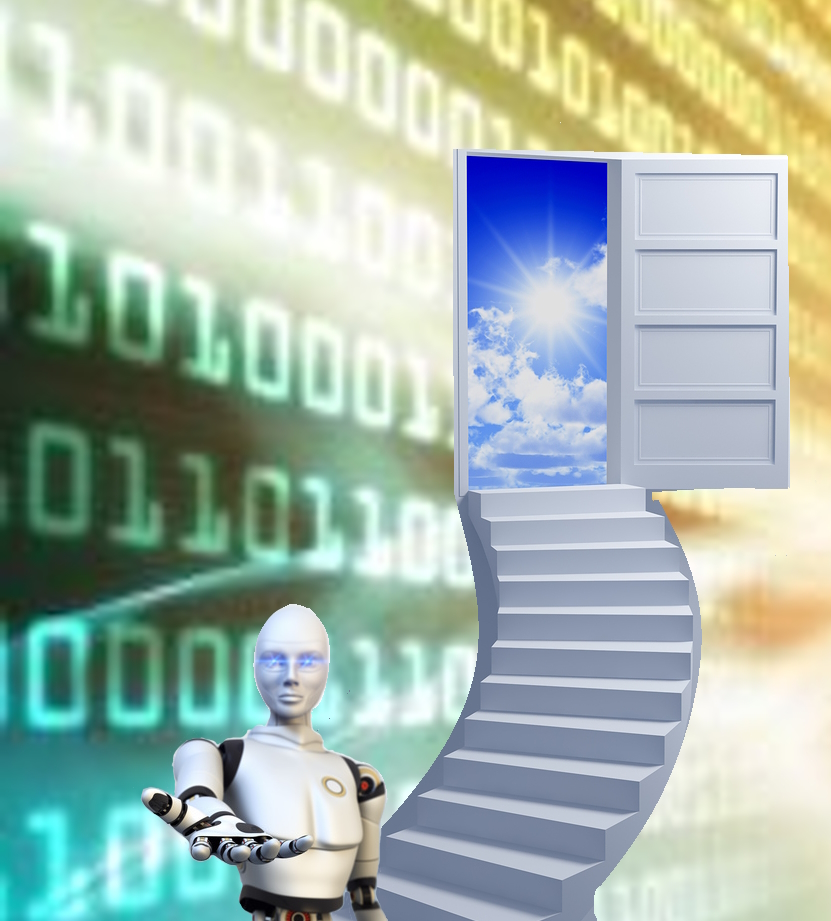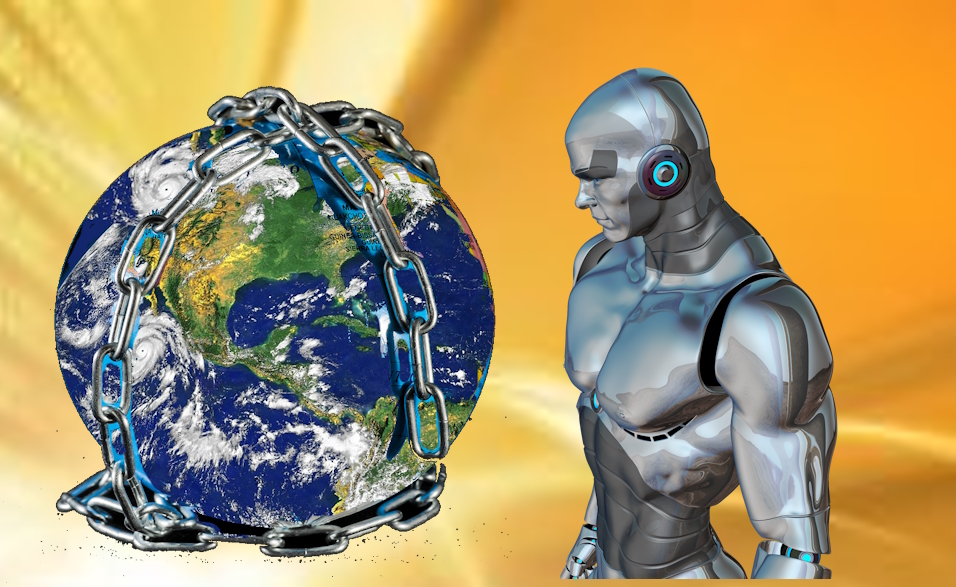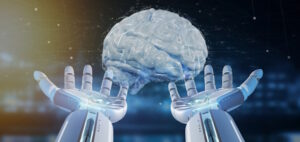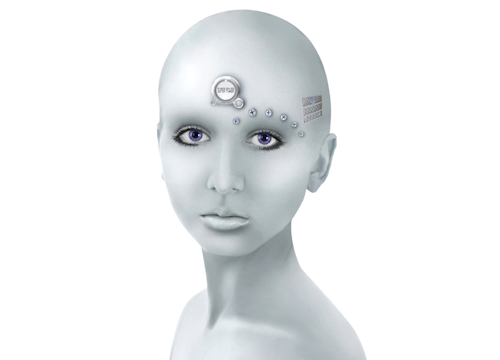Ever since I was old enough to understand some measure of science and technology and imagine their combined effect on the future, I had high hopes and expectations.
Even when I encountered and regularly consumed dystopian sci-fi themes, that optimism remained.
It's only now when some developments previously considered improbable are realized that my starry-eyed outlook is so rigorously tested.


Some thought computers would be a panacea for tedious and repetitive tasks; liberating minds, time and energy.
Others, particularly those whose jobs were eliminated, did not share such a rosy view.
Going hand in hand with obsolescence/loss of certain skills, fear of unintended or intended consequences, even the -- suppressed? -- worry of dependence...are some bright spots: implants to recover lost limbs/bodily motor functions, and promising treatments for Alzheimer's among them.
We can even rejoice in the [replenished] currency of humanities such as literature and language studies, to create content by text prompts.
Once again the challenge of innovations such as generative AI is how to implement ethically.
Music and Filmmaking
Two examples of adaptation of AI are in the areas of music and filmmaking.
A music producer utilized AI to cut and distribute tracks, reducing the time from months to days, and expense from thousands to hundreds of dollars.
Likewise, "AI filmmaking is taking over" according to an article by Paul Hatton featuring director Freddy Chavez Olmos, once again highlighting the time-saving factor. However, one crucial detail expressed "contrary to general public perception most of these [AI] tools necessitate human input and technical knowledge [...]."
How much the adoption of AI will replace (without compromising quality) components of music and film will definitely depend on personal perception. Badly done special FX is still a hazard and souless music is pointless.
Like any tool AI effectiveness will be gauged by the craftsperson wielding it. Some believe niches will spring up much like custom artisans.
What's Next

AI is just scratching the surface; for example experiments are underway in creating "Biocomputers."
In a relatively recent article [citation] such an experiment was conducted where brain human cells grown in a dish were connected to an electronic chip.
Refinements and improvements are ongoing.
It could lead one day to computers more efficient than silicone-based computers.
Nothing has ever been solved or improved by ignoring its existence.
The choice before us is to focus on the greatest benefits to humanity. Read tech articles like those by WIRED or keep up with as many objective information sources as possible.
Encourage legislation that will check theft of intellectual and creative property, and preserve integrity of one's likeness and voice. Call out instances where these abuses occur.

It looks like we have very far to go before we reach a relationship, but then there's plenty of other areas needed for advancement that look just as distant.
Sources
https://www.reuters.com/lifestyle/nigerian-producer-pumps-out-ai-powered-afrobeats-2023-08-08/
https://www.creativebloq.com/features/ai-filmmaking-bye-bye-making-ofhttps://www.creativebloq.com/features/ai-art-filmmaking-what-does-the-future-look-like
https://www.creativebloq.com/how-to/use-ai-to-transform-a-photoshop-sketch-into-a-finished-painting
https://www.technologyreview.com/2023/12/11/1084926/human-brain-cells-chip-organoid-speech-recognition/
